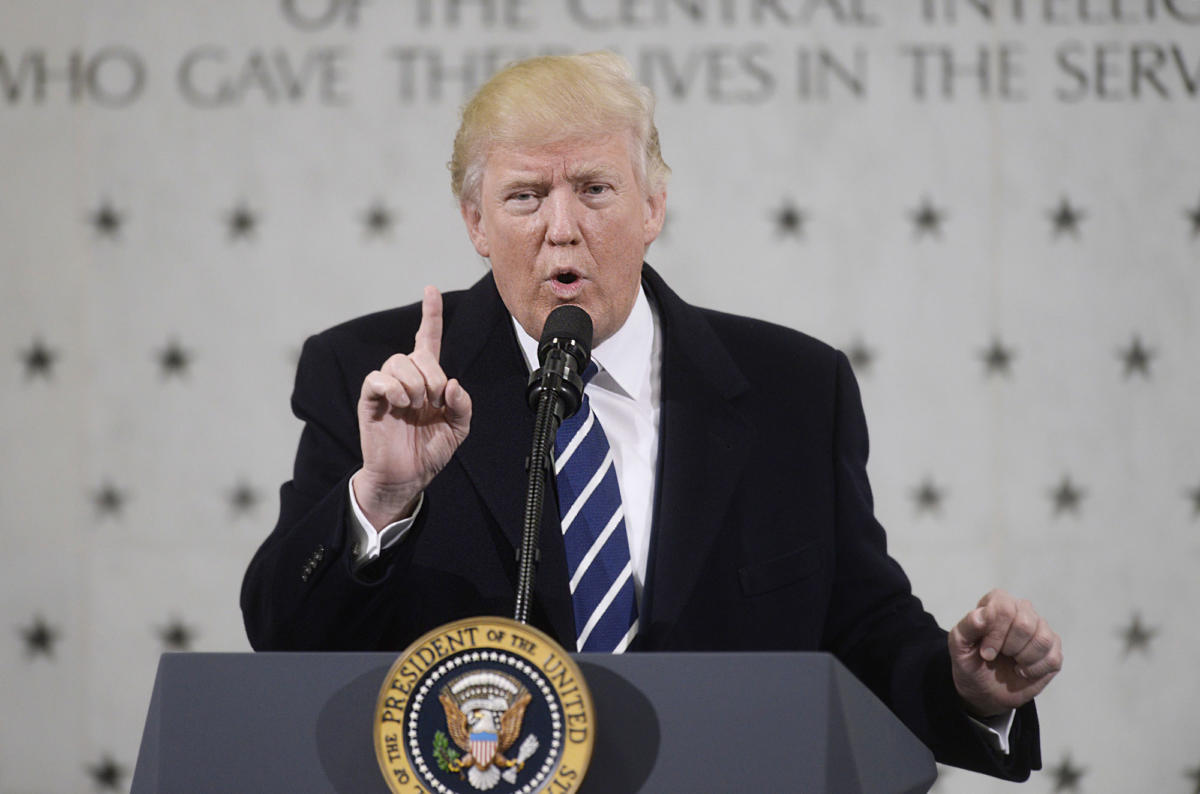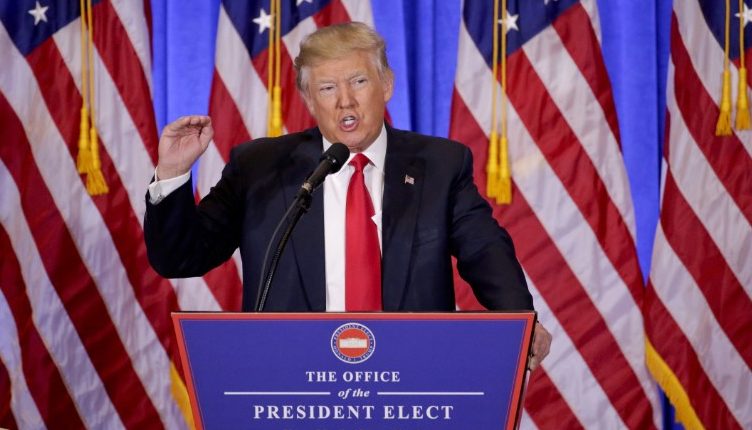Another repercussion of having a Constitution-shredding sociopath in the Oval Office is the possibility that a foundation will be laid for a long-term bifurcated government, with the executive branch and the intelligence community constantly angling to undermine one another.
The concern of a “Deep State” in Washington or worries of the White House operating a shadow National Security Agency speak to the fathomless rift orchestrated by a deeply polarizing President. Intel leaks about the Administration’s involvement in Russia have become a deluge, spies are reportedly withholding information from 1600 Pennsylvania Avenue for fear they’ll be shared with the Kremlin and Trump has threatened a review of the intelligence community to be spearheaded by one of his billionaire buddies.
Agents anonymously leaking the truth may be the best bet to prevent the end of American democracy, but in the long term (should there be one) the intelligence community being put in a position where it has to go rogue could have serious ramifications. As Karl Rove said: Elections have consequences.
From “As Leaks Multiply, Fears of a ‘Deep State’ in America,” by Amanda Taub and Max Fisher of the New York Times:
Though the deep state is sometimes discussed as a shadowy conspiracy, it helps to think of it instead as a political conflict between a nation’s leader and its governing institutions.
That can be deeply destabilizing, leading both sides to wield state powers like the security services or courts against one another, corrupting those institutions in the process.
In Egypt, for instance, the military and security services actively undermined Mohamed Morsi, the country’s democratically elected Islamist president, contributing to the upheaval that culminated in his ouster in a 2013 coup.
Turkey’s president, Recep Tayyip Erdogan, has battled the deep state by consolidating power for himself and, after a failed coup attempt last year, conducting vast purges.
Though American democracy is resilient enough to resist such clashes, early hints of a conflict can be tricky to spot because some push and pull between a president and his or her agencies is normal.
In 2009, for instance, military officials used leaks to pressure the White House over what it saw as the minimal number of troops necessary to send to Afghanistan.
Leaks can also be an emergency brake on policies that officials believe could be ill-advised or unlawful, such as George W. Bush-era programs on warrantless wiretapping and the Abu Ghraib detention facility in Iraq.
“You want these people to be fighting like cats and dogs over what the best policy is, airing their views, making their case and then, when it’s over, accepting the decision and implementing it,” said Elizabeth N. Saunders, a George Washington University political scientist. “That’s the way it’s supposed to work.”
“Leaking is not new,” she said, “but this level of leaking is pretty unprecedented.”•



